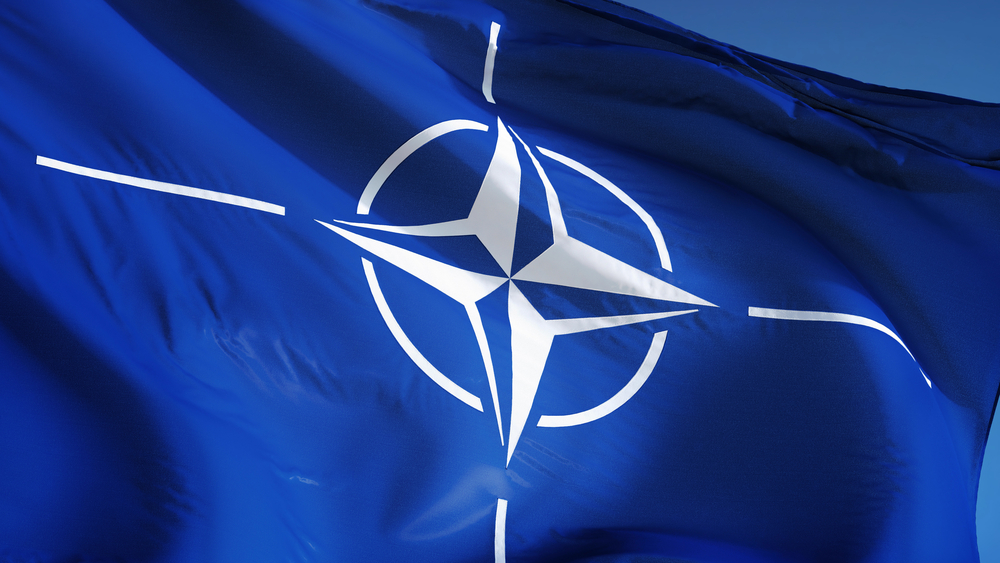
During a meeting of the Science for Peace and Security (SPS) Program, various scientists and experts from North Atlantic Treaty Organization (NATO) partner countries recently examined opportunities for cooperation to address emerging security-related challenges.
Organized in conjunction with the Norwegian NATO delegation and the Norwegian Research Council, each discussion sought to provide opportunities to exchange ideas on research initiatives in the areas of cyber defense, unmanned aerial vehicles, counterterrorism, civil-military relations, women in the armed forces, and chemical, biological, radiological and nuclear (CBRN) defense capabilities.
“Norway has traditionally been a strong partner in the SPS program,” Rune Resaland, who heads the Department for Security Policy in Norway’s Ministry of Foreign Affairs, said. “In the period from 2000 until 2014, Norwegian researchers participated in more than 60 SPS projects. Currently, there is only one project with Norwegian involvement in the SPS.”
Recently, Norway conducted a SPS workshop with the Geneva Center for the Democratic Control of Armed Forces aimed at sharing best practices for handling gender-related complaints within the nation’s military. As a result of the talks, the two groups published a pamphlet entitled Gender and Complaints Mechanisms Handbook in an effort to prevent instances of gender-related discrimination.
Norway is also working in conjunction with Ukraine on a multi-year SPS project aimed at developing a three dimensional mine detector.
“This project complements other SPS efforts in support of humanitarian de-mining and forms part of NATO’s Comprehensive Assistance Package for Ukraine that was endorsed at the Warsaw Summit last year,” NATO Deputy Assistant Secretary General for Emerging Security Challenges said.
If successful, the device will be able to detect various types of mines, improvised explosive devices (IEDs) and unexploded remnants of war.

